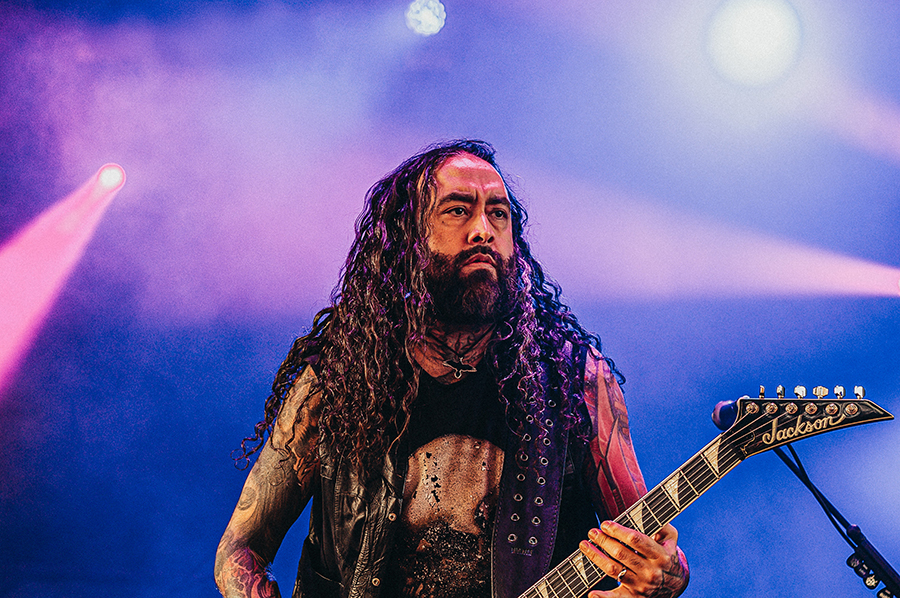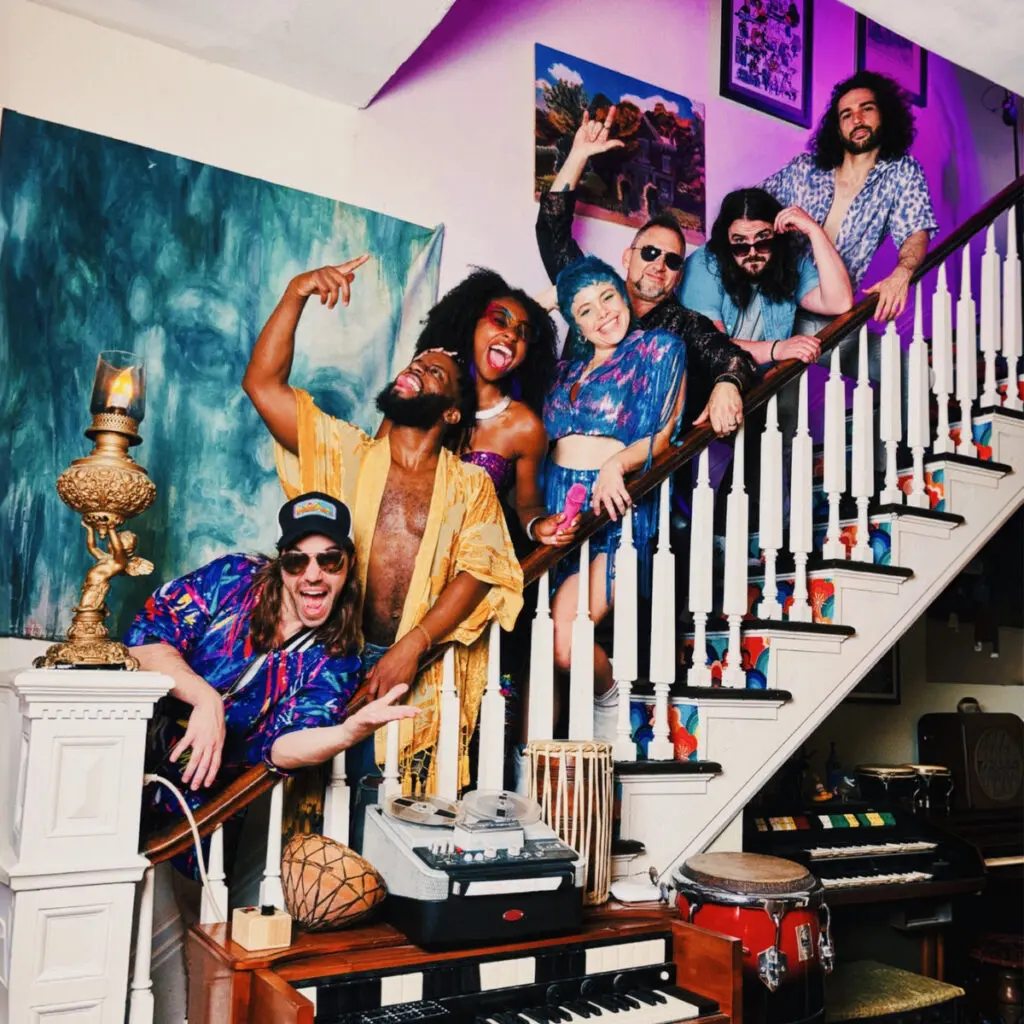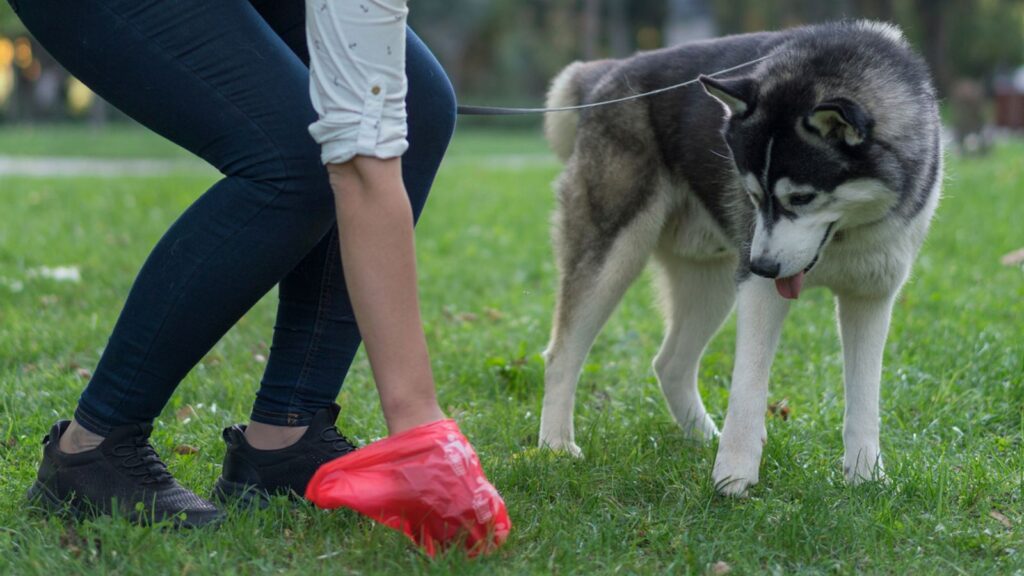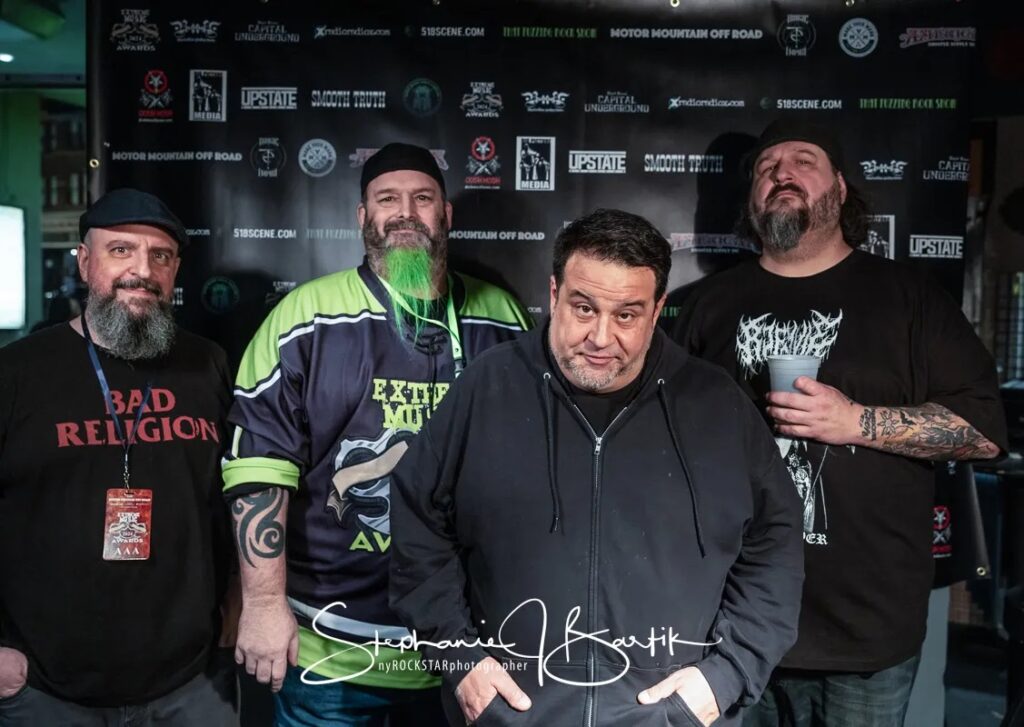Justin Willman – An Xperience Interview
Written by Staff on February 2, 2024
Justin Willman – An Xperience Interview – by Liam Sweeny.
Magic is maybe the third oldest profession, behind you know what and sous chef. We have been astounding each other since the lost rituals of Gobeckli Tepe (look that up, it’s wild.) There’s this pressing need we have to escape the explainable, the shackles of common logic.
Magician and comedian Justin Willman is a jailbreaker. Magician, comedian, and he has a show on Netflix called Magic for Humans.
We reached out to Justin with a basketful of white rabbits.
RRX: You have a show on Netflix called Magic for Humans. I freakin’ love it. You’re just doing all this insane mind-blowing sh*t in public with real people just slack-jawed. Cool part is that you can imagine those people going home with what might be a life-changing experience. What was your favorite reaction so far? Anyone try to fight you?
JW: It’s so hard, because whenever you introduce a camera into the scenario, peoples’ behavior changes, as you can imagine. So it’s one thing if I’m doing magic for people just in real life, and I’m just a dude, and crazy stuff happens. But as soon as there’s a camera, let alone three, and an audio boom operator, most people get just a little self-conscious, and you have to nurture them a little bit, warm them up and make them forget about the cameras. But in terms of reactions, kids forget about the cameras the quickest. Don’t know what it is, but kids are a delight to watch, because they forget about the camera, they’re very in the moment, and they truly get whisked away in the wonder of whatever trick it is you’re doing, and react in a beautiful, raw, authentic way.
The first bit in the first ep of Magic for Humans is “the marshmallow test” with these kids where we recreated the Stanford Marshmallow Experiment, where, if they could go fifteen minutes without eating one marshmallow, they could get a second marshmallow, and of course, what happened was, when I was gone, their marshmallow, which they were patiently waiting for, disappeared. And we clocked their reaction and of course blamed them for eating the marshmallow, which they didn’t in the first place. And the reactions – it was such a simple trick, a vanishing marshmallow. But with kids and their settings, in that particular setting, it just took on a whole new beauty in that you get to watch a range of emotions without the filter of knowing you’re being filmed. Which was beautiful. And I think that’s kind of, in a sense, what magic is all about, which is reminding us of the innocence of childhood, where our imaginations run wild, untethered by “how did you do that?” You know, that question.
Anything is possible, and that’s kind of a beautiful thing. I got my start performing for kids, Magic for Humans is a lot of magic for kids; it’s not a kid’s show, it’s an all-ages show. But man, there’s nothing better than watching a kid grapple with a distorted reality as a result of a magic trick.
RRX: I imagine one cool, and not-so-cool aspect of public magic is that there’s no separation between you and the audience. So you can’t control the pedestrian magic of a dog coming up and peeing on your leg in the middle of a trick. When you shoot, has there ever been any “magic” that mystified you yourself? Any high-speed golf-cart chases fly by?
JW: We were filming “The Invisible Man” bit, where I convince a guy he’s invisible in a park with a whole crowd of people who are in on it. We started in that morning, we did it with one guy and then we waited, we waited patiently for someone else to fall into our trap, and that was that guy Jonathan, who was our hero, “Invisible Man.” And then we were like, that was so great, can’t wait to do it again after lunch. But we did not get to do it again after lunch because some crazy, axe-wielding gentleman roamed into the park, disrupting our shoot, I think, you know, he was the wizard of this domain. There were clearly some other variables at play. But we got out of that guy’s way, he did hack one of our cameras with an axe. Unfortunately, it was not rolling at the moment, so you’ll just have to believe me. But we called it a day at that point. So that was an unforeseen variable, but luckily, we got it. We got the bit. We didn’t need to shoot it again. Potentially, that guy was doing us a favor. You never know.
RRX: Watching you perform, I think the best part is the reaction in people, because at first what you’re doing is ordinary, and then it’s suddenly a miracle. How do you keep in total character when you know you’re about to do something that’ll trip everybody out?
JW: Your question has captured the essence of a moment which I think is what every magician became a magician for, which is that moment when you know, they don’t realize everything I’ve done up to this point, to make what’s about to happen blow their minds. They don’t even know their minds are about to be blown. You know, when you have led someone down a garden path and you’re about to drop the payoff on them, the bomb, the trick, the punchline, they call it ‘getting bit by the magic bug’ – that is the dragon that all musicians are chasing. And it’s a beautiful feeling. How do you keep your cool? Practice, man. Practice. I mean before the climax happens, you can’t be giddy, jumping up and down like you have a secret that they don’t know, because they’re going to know you’re up to something. You almost have to trick yourself into feeling as ignorant as they are in that moment, for the sake of the reveal. I will say, in practice, the thing that’s going through my head in that moment, whether it’s filming Magic for Humans, or on stage, is making sure that people’s attention is drawn where I want it to so that they actually see the trick. It’s easier on stage; people are watching you. But out in the real world, and they’re kind of within your bubble in terms of social distance, a glance to the side and they’ll miss the trick. And sometimes I’ve had experiences where they did not see the crazy, awesome thing that took place right in front of their eyes. You kind of need to pivot and say, ‘do we need to have that thing happen again?’ and hope they’re not onto us, or scrap it, and do it again for somebody else? Those are some insightful.





 RadioRadioX
RadioRadioX